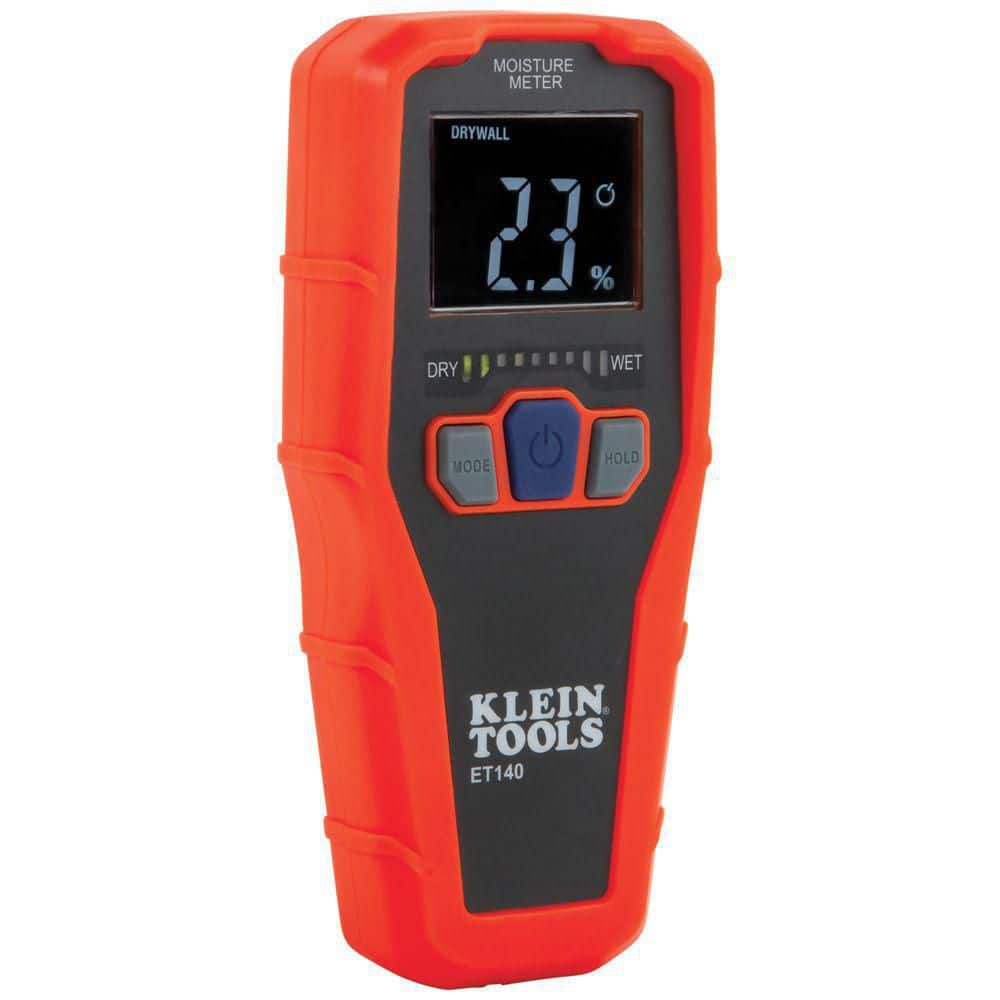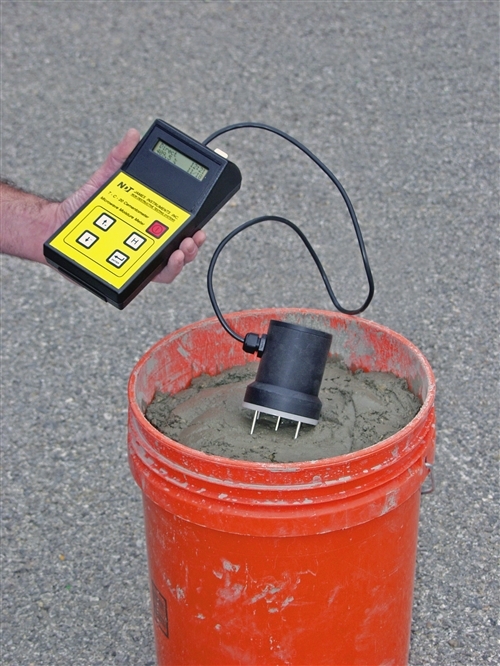Moisture Meter Purchasing Overview: What to Try to find in High-Quality Instruments
Moisture Meter Purchasing Overview: What to Try to find in High-Quality Instruments
Blog Article
The Ultimate Guide to Moisture Meters: A Comprehensive Introduction and How They Can Save You Cash
In the world of building upkeep, building, and different industries, the importance of properly determining wetness levels can not be overemphasized. Wetness meters work as essential devices in identifying and checking moisture material in materials, assisting in stopping costly problems and guaranteeing the top quality of items. Comprehending the subtleties of various kinds of dampness meters, their applications, and the prospective cost-saving advantages they use can be a game-changer for companies and professionals alike. Uncovering how these tools can not only simplify processes yet likewise add to financial cost savings is a journey worth starting.
Types of Moisture Meters
Numerous types of wetness meters are readily available for different applications in numerous industries. One typical type is the pin-type wetness meter, which determines the electric resistance between two pins put into a material. This kind appropriates for wood, drywall, and various other structure products. Pinless dampness meters, on the various other hand, use electromagnetic sensing unit plates to scan a bigger location without causing damage to the material's surface. These meters are perfect for rapidly analyzing moisture degrees in large locations such as floorings and walls.
Additionally, there are likewise specialized dampness meters made for specific materials like grain, soil, or hay. These meters supply precise wetness analyses customized to the one-of-a-kind homes of the product being checked. Infrared wetness meters determine the thermal residential properties of a product to establish its dampness material non-invasively, making them beneficial for applications where pin or pinless meters might not appropriate. Recognizing the various kinds of wetness meters readily available can assist markets select one of the most ideal device for their certain wetness measurement demands.

Advantages of Using Moisture Meters

In addition, using moisture meters can cause raised power efficiency. By identifying areas with high wetness degrees, such as leakages or bad insulation, changes can be made to boost power conservation and reduce utility costs. In agricultural settings, moisture meters play an important function in maximizing plant returns by making it possible for farmers to check dirt dampness degrees and make educated watering choices. Generally, the advantages of utilizing wetness meters cover across different industries, offering affordable services and promoting much better quality assurance methods.
How to Pick the Right Moisture Meter
Choosing the suitable dampness meter includes considering key variables such as material compatibility, measurement variety, and calibration accuracy. When picking a dampness meter, it's vital to ensure that the meter is ideal for the certain material you will certainly be testing. Various materials have differing electrical residential properties that can influence wetness analyses, so choosing a meter made for your material is crucial for precise results. Furthermore, consider the measurement variety of the wetness meter. Ensure that the meter can find moisture levels within the variety needed for your applications. Calibration accuracy is one more essential element to remember (Moisture Meter). Choose a dampness meter with reputable calibration to ensure consistent and exact readings. Some meters might need periodic calibration modifications, so understanding the calibration procedure is necessary. By thoroughly examining these factors, you can select a dampness meter that fulfills your needs and supplies exact moisture measurements for your jobs.
Correct Strategies for Moisture Meter Usage
To ensure exact moisture analyses and optimize the efficiency of a dampness meter, utilizing proper strategies is vital. When making use of a pin-type wetness meter, insert the pins or probes right into the product being checked until they make full call. By complying with these correct methods, customers can depend on their dampness meter to offer reliable moisture degrees, aiding in protecting against costly damages or ensuring high quality in numerous applications.

Price Cost Savings Through Moisture Meter Applications
Just how can the critical utilization of dampness meters lead to significant cost savings across numerous sectors? In the farming industry, moisture meters aid in determining the optimal time for harvesting crops, avoiding over-drying or excess wetness that can affect the final like this product's quality.

Additionally, in the food processing industry, moisture meters are important for keeping track of product quality and ensuring compliance with safety and security laws. By properly gauging dampness material in food, producers can avoid spoilage, maintain quality, and minimize waste, leading to considerable cost financial savings. On the whole, the calculated application of wetness meters is an important investment that can bring about significant expense reductions and boosted effectiveness across numerous sectors.
Final Thought
In final thought, dampness meters are important devices for gauging and spotting moisture levels in numerous materials. By making use of the best wetness meter and adhering to proper techniques, individuals can properly prevent expensive problems created by excess dampness.
Moisture meters serve as important tools in discovering and monitoring moisture content in materials, assisting in avoiding pricey problems and ensuring the quality of products. Infrared wetness meters determine the thermal buildings of a product to establish its click for info wetness web content non-invasively, making them useful for applications where pin or pinless meters may not be suitable.Moisture meters provide indispensable benefits in precisely checking and analyzing dampness degrees in varied materials and atmospheres. In farming click settings, moisture meters play an important function in optimizing crop returns by making it possible for farmers to check dirt wetness levels and make educated watering choices.In final thought, moisture meters are beneficial devices for determining and spotting moisture degrees in different materials.
Report this page